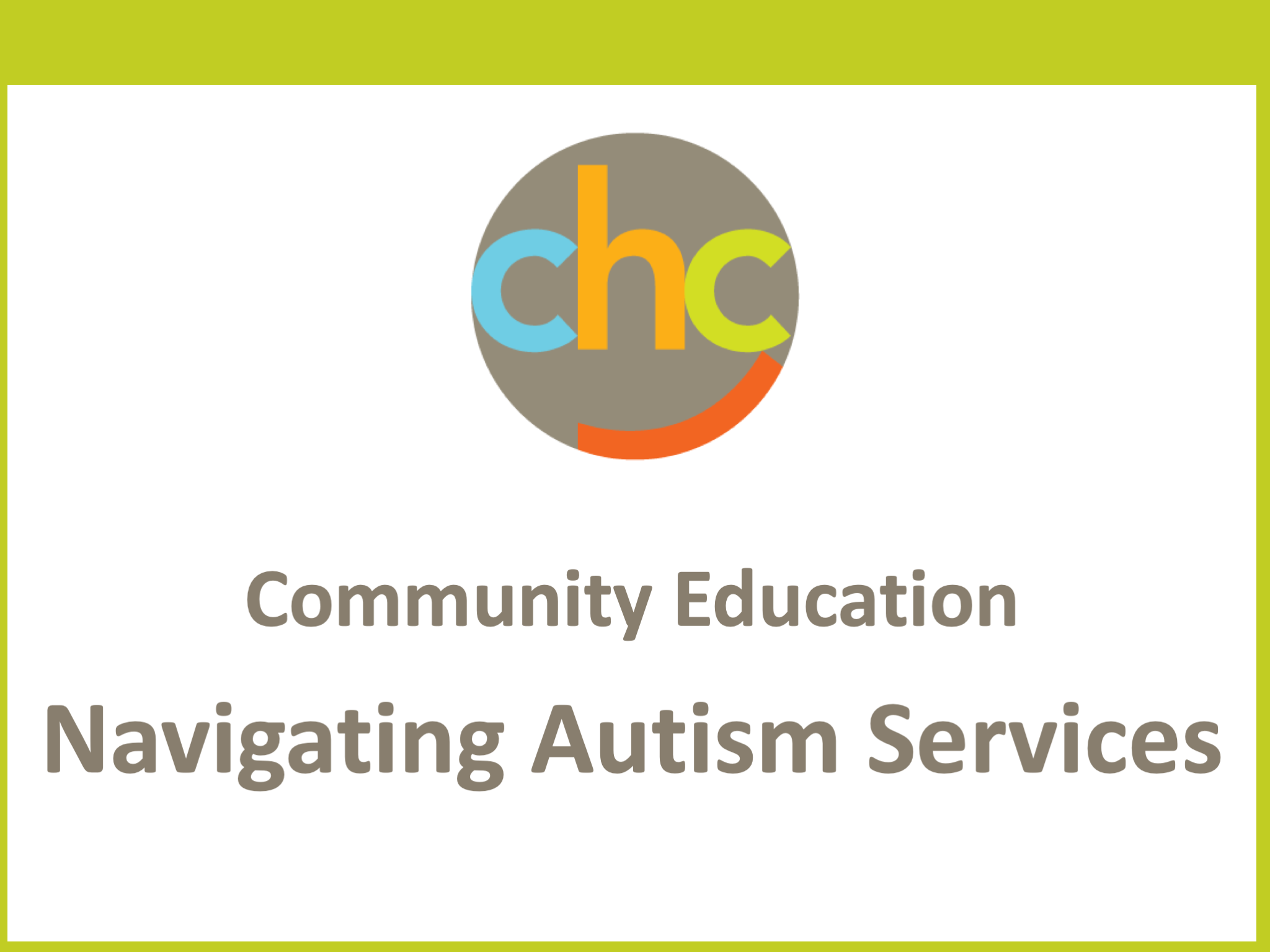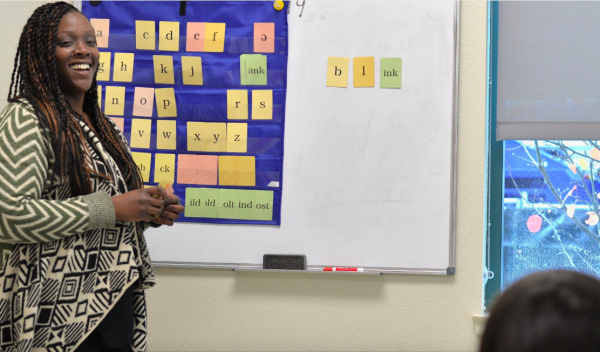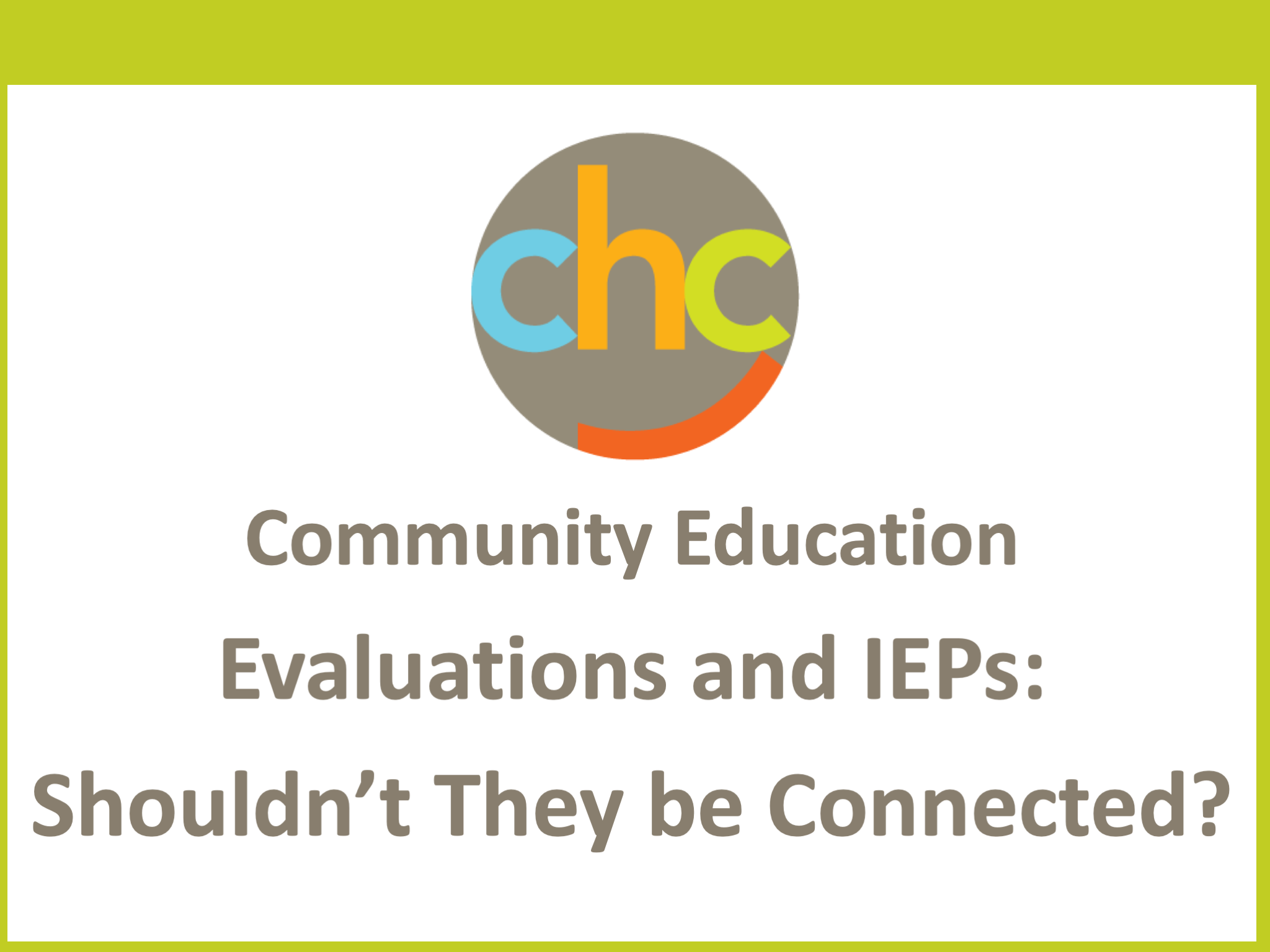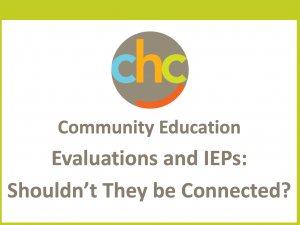Can Audiobooks Be the Great Equalizer for Students with Learning Differences?
 An estimated 26 million students have learning differences, including tens of thousands of students with dyslexia, a neurological condition that affects reading and related language-based processing skills.
An estimated 26 million students have learning differences, including tens of thousands of students with dyslexia, a neurological condition that affects reading and related language-based processing skills.
Unless educators can find new approaches to deliver reading instruction and personalize learning environments for these frustrated learners, many will fail. Read more ›


 The answer to that important question was recently addressed in
The answer to that important question was recently addressed in 
 Autism Spectrum Disorder (ASD) is a complex neurodevelopmental disorder that affects behavior, communication and social functioning.
Autism Spectrum Disorder (ASD) is a complex neurodevelopmental disorder that affects behavior, communication and social functioning.
 The
The 

 Individuals with traumatic brain injury, deafness, oral language deficits or genetic disorders such as Down Syndrome are also more likely to have weak working memory. The purpose of this fact sheet is to describe the function of working memory, discuss the impact that weak working memory has on learning, and offer suggestions and resources for improving working memory and learning.
Individuals with traumatic brain injury, deafness, oral language deficits or genetic disorders such as Down Syndrome are also more likely to have weak working memory. The purpose of this fact sheet is to describe the function of working memory, discuss the impact that weak working memory has on learning, and offer suggestions and resources for improving working memory and learning. 
 Five years after a sweeping overhaul of the diagnostic criteria for autism, research suggests that the changes have led fewer people to be identified with the developmental disorder.
Five years after a sweeping overhaul of the diagnostic criteria for autism, research suggests that the changes have led fewer people to be identified with the developmental disorder. 
 A substantial percentage of students with ADHD symptoms severe enough to affect them both academically and socially are not getting any support in school for the disorder, says a new study based on the experiences of nearly 2,500 children and youth.
A substantial percentage of students with ADHD symptoms severe enough to affect them both academically and socially are not getting any support in school for the disorder, says a new study based on the experiences of nearly 2,500 children and youth. 
 Written by Lisa Parnello, Literacy Specialist & Wilson Credentialed Trainer
Written by Lisa Parnello, Literacy Specialist & Wilson Credentialed Trainer
 Your child’s evaluation includes a bunch of scores and some recommendations. Even though your evaluator talked through all the scores with you, you’re still not sure what they mean or how to translate those into meaningful IEP goals for your son/daughter. Learn more about IEPs from CHC’s Chris Harris, MEd so that you can effectively advocate for your child.
Your child’s evaluation includes a bunch of scores and some recommendations. Even though your evaluator talked through all the scores with you, you’re still not sure what they mean or how to translate those into meaningful IEP goals for your son/daughter. Learn more about IEPs from CHC’s Chris Harris, MEd so that you can effectively advocate for your child. 

